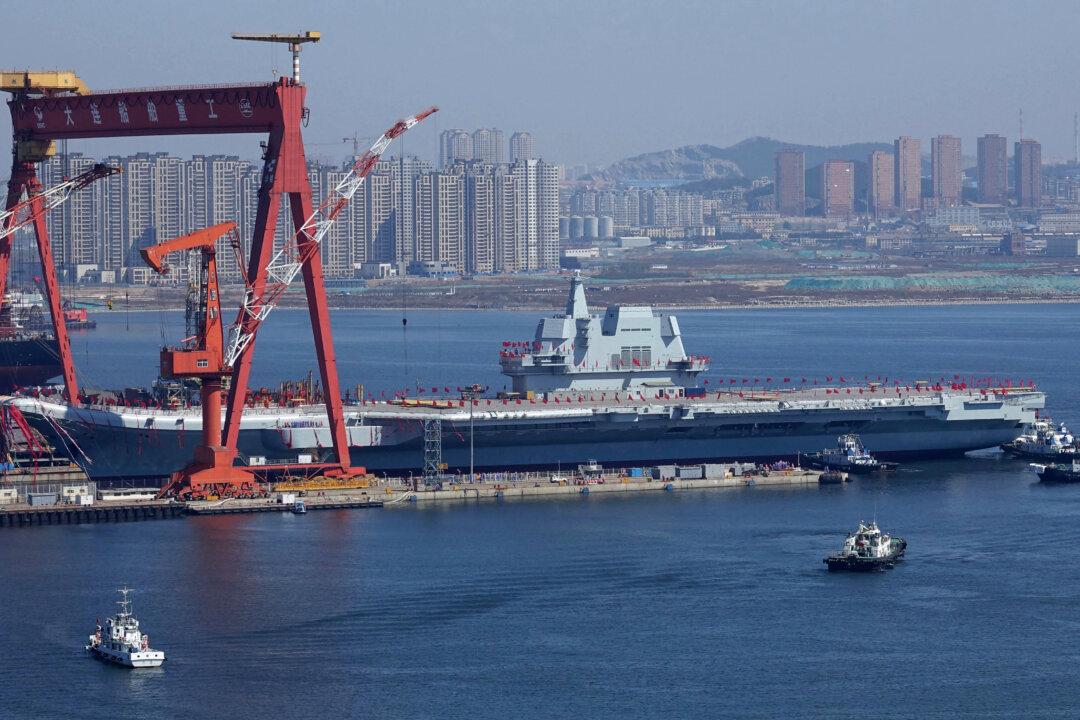BEIJING—Earnings at China’s industrial firms in November dropped for the first time in nearly three years, as slackening external and domestic demand left businesses facing more strain in 2019 in a sign of rising risks to the world’s second-largest economy.
The gloomy data points to a further loss of economic momentum as a trade dispute with the United States exerts pressure on China’s vast manufacturing sector and as firms, bracing for a tough year ahead, shelve their investment plans, executives say.Industrial profits fell 1.8 percent in November from a year earlier to 594.8 billion yuan ($86.33 billion), the National Bureau of Statistics (NBS) said on its website Dec. 27. That marked the first decline since December 2015.





